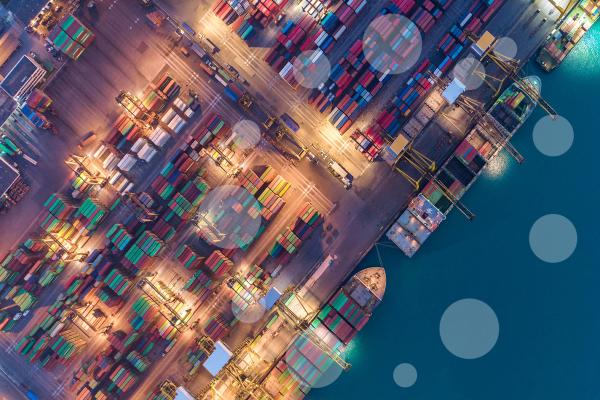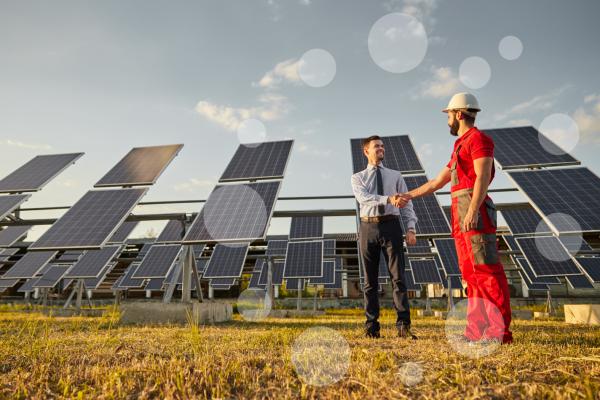Innovation in territories aims to drive economic growth, improve quality of life, and contribute to sustainable development at national, regional and local level. JRC research in this area focuses on sustainable territorial development, the cultivation of dynamic entrepreneurial ecosystems, and the implementation of Smart Specialisation strategies.
JRC research outputs offer a set of comprehensive resources on transformative innovation, including the Transforming Territories newsletter, focusing on place-based strategies that are tailored to the specific needs of various territories. Explore these resources to get informed on valuable insights and initiatives that not only serve the EU but also extend to neighboring regions, fostering an inclusive approach to innovation and regional growth.
The Smart Specialisation Community of Practice (S3 CoP) offers comprehensive guidance, networking, and support for S3 implementation in the EU. Leveraging a decade of experience, it provides strategic services and fosters collaboration among all stakeholders.
Discover how territories can use innovation as a driver for territorial transformation, implementing place-based approaches to accelerate the green, digital, and social transitions.
Learn how SDGs are being integrated into local research and innovation agendas through Science, Technology and Innovation for SDGs roadmaps and Smart Specialisation Strategies (S3).
Supporting regional innovation strategies has boosted growth and prosperity while addressing regional imbalances. This approach has inspired regions beyond the EU, including the Western Balkans, Eastern Partnership countries, Türkiye, and Tunisia, to adopt similar strategies.



